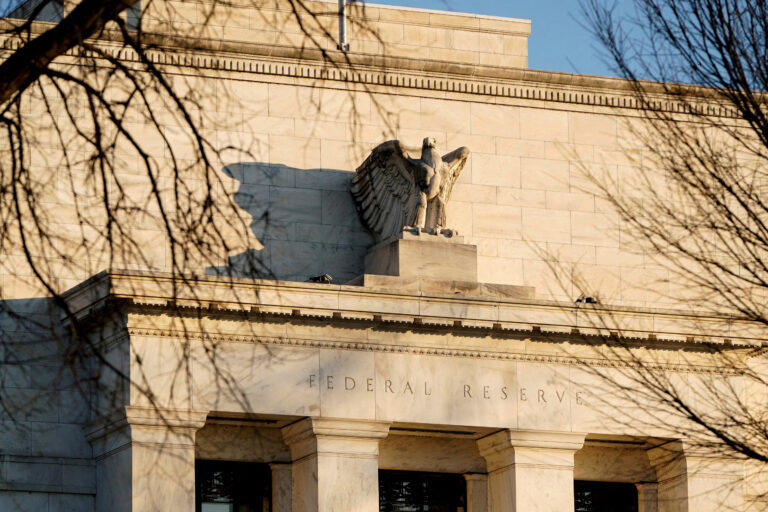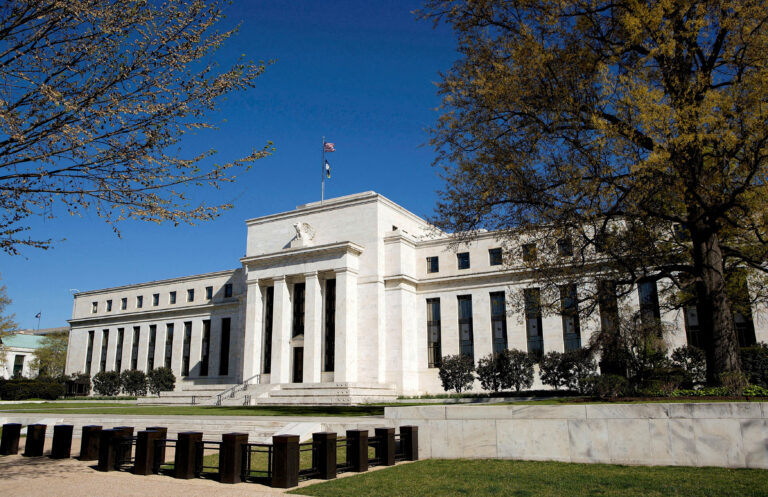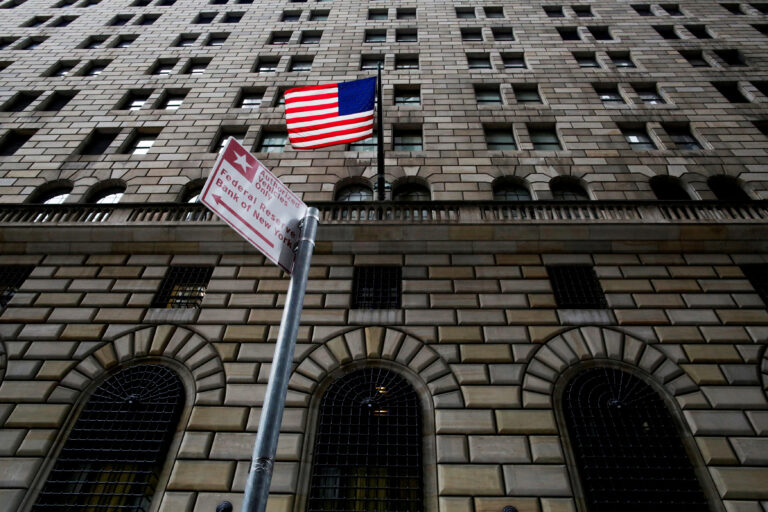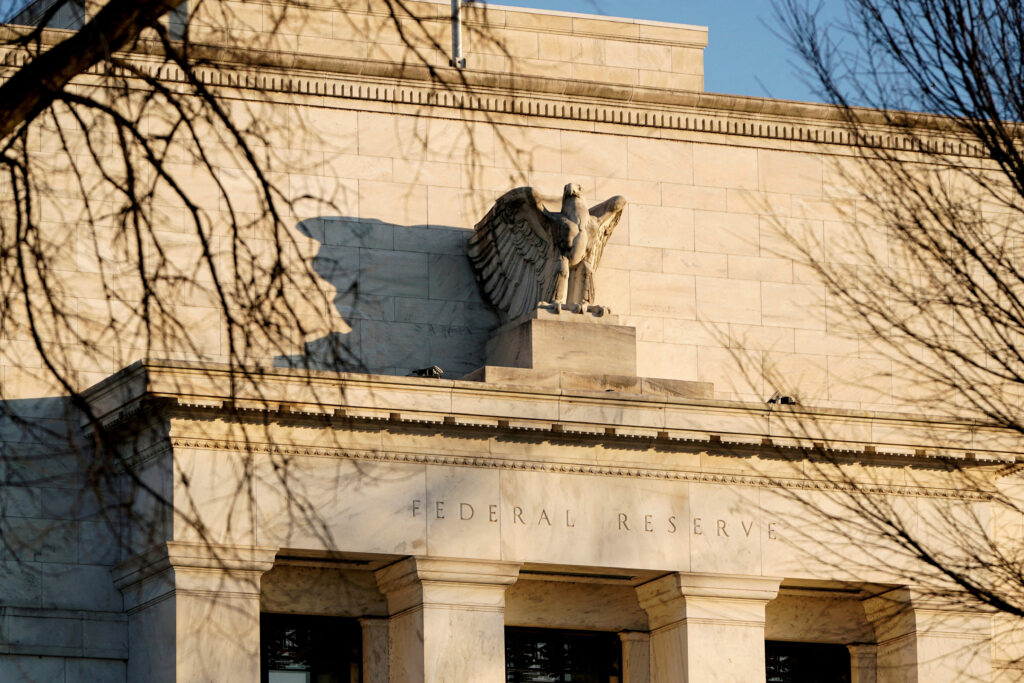NEW YORK – The health of the U.S. consumer moves into the spotlight next week, with investors watching corporate earnings reports and retail sales data for further confirmation of the economic resilience that has boosted equity markets this month.
As earnings season kicks off, stocks are on a roll. The benchmark S&P 500 is set to post its fifth straight weekly gain and is hovering near a fresh record high after rising over 21% this year.
Driving the gains is a string of encouraging economic data that have all but dispelled the slowdown fears that rocked markets over the summer. Among these was a blowout jobs report earlier this month, the latest sign that the economy is maintaining solid growth as the Federal Reserve cuts interest rates – a historically potent combination for stock market gains.
“For the most part, the majority of the economic data stream has been positive,” said Art Hogan, chief market strategist at B Riley Wealth. “Hopefully that gets confirmation with some of the more consumer-facing companies that are reporting next week.”
Earnings from American Express (NYSE: AXP), Netflix (NASDAQ: NFLX), United Airlines (NASDAQ: UAL), Procter & Gamble (NYSE: PG), and several major banks will give a broad view of consumer spending, which accounts for more than two-thirds of U.S. economic activity. Retail sales data is expected on October 17.
Shares of JPMorgan Chase (NYSE: JPM) and Wells Fargo (NYSE: WFC) jumped as earnings season got into gear on Friday after both lenders surpassed estimates.
Expectations have firmed that the economy will avoid a downturn despite a long period of elevated interest rates. For example, Goldman Sachs lowered the odds of a U.S. recession in the next 12 months by five percentage points to 15% after the employment data.
Robust data has supported that view. In addition to jobs, reports on consumer prices and the services sector suggest that fears of a rapidly weakening economy – prompted by disappointing labor market reports in August and September – were overblown.
The Citigroup Economic Surprise Index, which measures how economic data stacks up versus expectations, turned positive this month after being negative since the start of May.
Still, the consumer-spending environment has grown “murkier” following layoffs at financial services and technology companies in recent months, back-to-back hurricanes in the Southeast, and a brief dockworkers strike, said Kevin Gordon, senior investment strategist at Charles Schwab, raising the stakes for data and company reports to provide clarity.
More insight will come from additional banks reporting in the coming days, including Bank of America (NYSE: BAC) and Citigroup (NYSE: C) on Tuesday. American Express’ results will offer a read on more high-end consumer spending, said Peter Tuz, president of Chase Investment Counsel in Charlottesville, Virginia. At the other end of the income spectrum, investors said they were focusing on how less affluent consumers grappled with the price increase over the past few years.
Brian Jacobsen, chief economist at Annex Wealth Management in Milwaukee, said he will be scrutinizing Netflix’s results – specifically whether the streaming service is adding or losing customers and at what pace – for insight into how lower-income consumers are reprioritizing spending.
Companies will need to top expectations for profit growth in their quarterly reports to support the stock market’s valuation, which stands well above its historical average. Among the small number of companies that have already reported, 79% have topped estimates, in line with the pace of the past four quarters, LSEG IBES data on Friday showed.
More than 150 S&P 500 companies are expected to report results over the next two weeks. Third-quarter results should confirm that large-cap corporate profit growth remains solid, analysts at UBS Global Wealth Management said in a note on Friday. “Now that the Fed has started its rate-cutting cycle, the economy should get a further boost from lower interest rates on things like credit card debt and business loans.”
(Source: ReutersReuters)






















